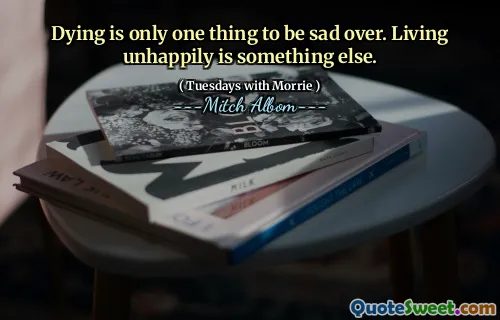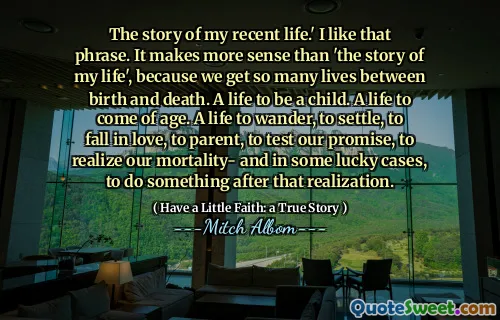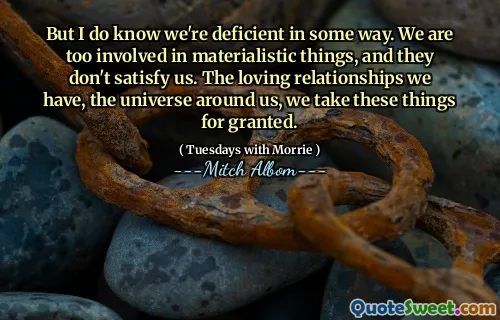
Part of me has always wanted to be like Marilyn Monroe or any Fifties Hollywood starlet. On screen, they seemed so sexy and simple and looked after. In real life, I'm none of those things. But I'd rather be fierce and complicated.
The quote brings to light the tension between idealized images and authentic selves, particularly within the framework of celebrity and femininity. It highlights the allure of simplicity and glamour often projected in classic Hollywood personas, like Marilyn Monroe, who was seen as the epitome of sexiness and grace yet lived a far more complex reality than her screen image suggested. This contrast resonates deeply because it underlines a universal human experience—feeling the pull toward societal or cultural ideals while acknowledging the richness and messiness of our true identities.
What stands out particularly is the courage and self-acceptance expressed in preferring to be "fierce and complicated" rather than conforming to an oversimplified, curated image of perfection. It challenges the notion that value lies in being easy to understand or superficially pleasant. Instead, it elevates strength and complexity as attributes deserving of pride and recognition. The speaker chooses authenticity over a potentially limiting ideal, which is both empowering and a call to embrace the full spectrum of one's personality.
In a world that often pressures individuals to appear flawless and uncomplicated, this quote serves as a powerful reminder that true beauty and strength can come from embracing nuance and contradiction within ourselves. It also questions how much of what we admire publicly is just projection, and how vital it is to care for our genuine selves rather than striving to fit an external mold.











